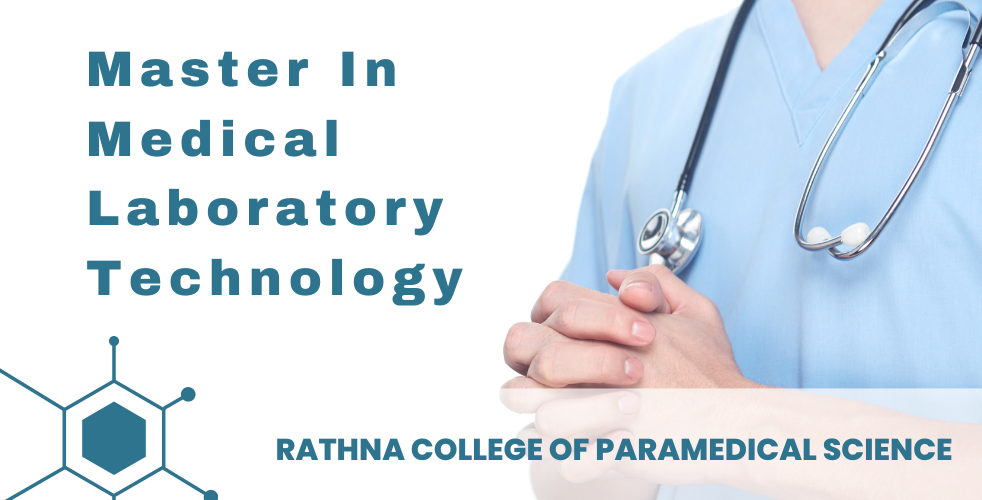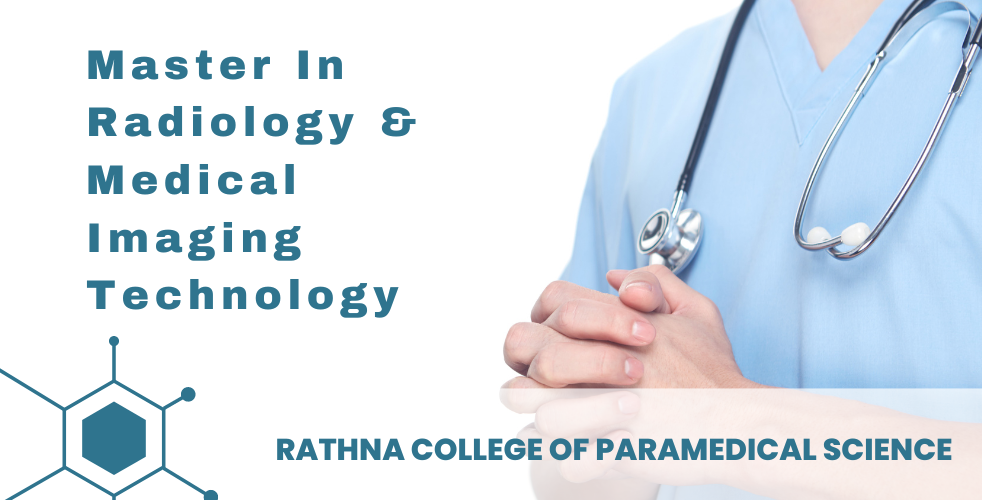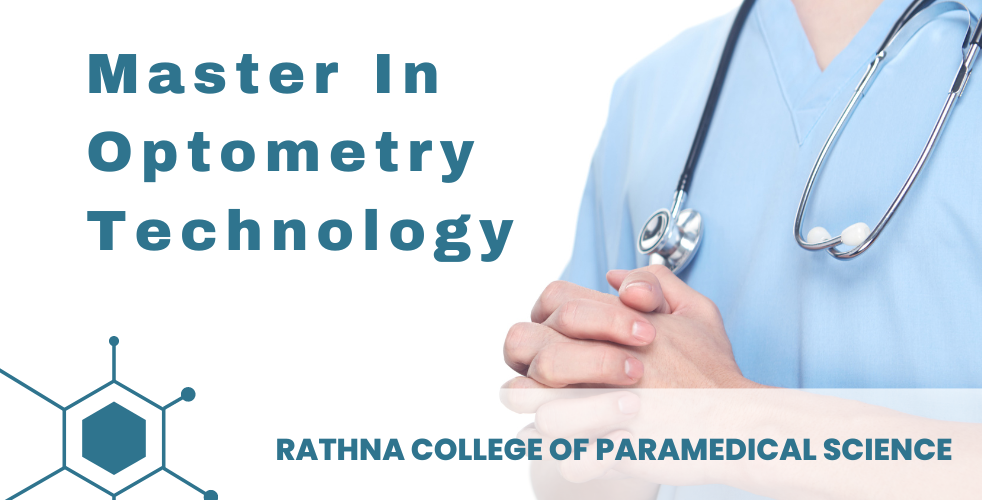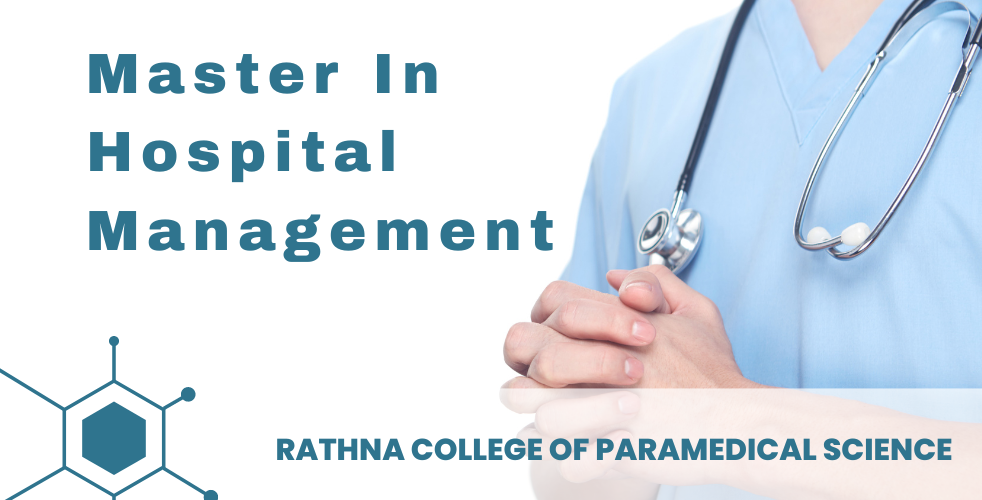
Master in Medical Laboratory Technology
Over view of This course
Our Master in Medical Laboratory Technology program is designed to provide advanced training and specialized knowledge for professionals in the field of laboratory medicine. Through a combination of advanced coursework, research projects, and clinical practicums, students will develop expertise in laboratory techniques, diagnostic methodologies, and management principles to excel in leadership roles in clinical laboratories, research institutions, and healthcare organizations.
Program Highlights:
Advanced Topics in Clinical Chemistry: In-depth study of advanced principles and techniques in clinical chemistry, including specialized tests, biomarkers, molecular diagnostics, and laboratory automation.
Advanced Hematology & Hemostasis: Advanced examination of hematological disorders, coagulation abnormalities, and advanced hematology techniques, including flow cytometry, bone marrow analysis, and hemoglobinopathies.
Advanced Microbiology & Immunology: Advanced study of microbial pathogens, antimicrobial resistance mechanisms, immunological assays, serological techniques, and molecular diagnostics in microbiology and immunology.
Advanced Molecular Diagnostics: Advanced training in molecular biology techniques used in the diagnosis and monitoring of genetic diseases, infectious diseases, and cancer, including PCR, DNA sequencing, and next-generation sequencing (NGS).
Laboratory Management & Quality Assurance: Leadership and management principles in laboratory operations, including quality management systems, accreditation standards, regulatory compliance, and strategic planning.
Research Methods & Biostatistics: Advanced training in research methodology, experimental design, data analysis, and interpretation of laboratory research findings, including biostatistical techniques and research ethics.
Clinical Practicum & Internship: Supervised clinical practicums and internships in specialized laboratory settings, allowing students to gain hands-on experience and apply advanced laboratory techniques in real-world healthcare environments.
Capstone Project or Thesis: Culminating research project or thesis in an area of specialization, allowing students to demonstrate mastery of advanced laboratory techniques, critical thinking skills, and ability to conduct independent research.

Master in Radiology & Medical Imaging Technology
Over view of This course
Our Master in Radiology & Medical Imaging Technology program offers advanced training and specialized knowledge for professionals seeking to excel in the field of diagnostic imaging. Through a comprehensive curriculum, research projects, and clinical rotations, students will develop expertise in advanced imaging techniques, image analysis, and leadership in radiology departments and imaging centers.
Program Highlights:
Advanced Radiographic Techniques: In-depth study of advanced radiographic positioning, exposure factors, and specialized imaging techniques for various anatomical regions and clinical specialties.
Advanced Imaging Modalities: Advanced training in diverse imaging modalities, including computed tomography (CT), magnetic resonance imaging (MRI), ultrasound, nuclear medicine, and molecular imaging techniques.
Advanced Image Interpretation: Advanced techniques in image analysis, interpretation, and diagnostic reasoning for recognizing normal and abnormal findings in radiographic images and other imaging modalities.
Radiation Safety & Protection: Advanced principles of radiation safety, dose optimization, and protection measures for patients, healthcare workers, and the general public in radiology departments and imaging centers.
Clinical Applications in Radiology: Advanced understanding of clinical applications of radiographic and imaging techniques in various medical specialties, including oncology, cardiology, neurology, and orthopedics.
Advanced Radiology Procedures: Advanced training in interventional radiology procedures, including image-guided biopsies, angiography, fluoroscopy, and minimally invasive therapeutic interventions.
Advanced Imaging Research: Research methodologies in radiology and medical imaging, including study design, data collection, statistical analysis, and interpretation of research findings.
Clinical Internship & Practicum: Supervised clinical rotations and practicums in advanced radiology departments, imaging centers, and specialized healthcare facilities, allowing students to apply advanced imaging techniques in real-world clinical settings.
Leadership & Management in Radiology: Principles of leadership, management, and quality improvement in radiology departments and imaging centers, including strategic planning, resource allocation, and workflow optimization.

Master in Optometry Technology
Over view of This course
Our Master in Optometry Technology program is tailored to provide advanced education and specialized training for professionals in the field of optometry. Through a blend of advanced coursework, clinical practicums, and research projects, students will develop expertise in optometric techniques, patient care, and management strategies to excel in optometric practice and research.
Program Highlights:
Advanced Ocular Anatomy & Physiology: In-depth study of ocular anatomy and physiology, including the structure and function of the eye, visual pathways, and mechanisms of ocular disease.
Advanced Optometric Examination Techniques: Advanced techniques in optometric examination, including refraction, visual field testing, binocular vision assessment, and assessment of ocular health.
Advanced Contact Lens Fitting & Management: Advanced principles and techniques in contact lens fitting and management for various refractive errors, corneal irregularities, and specialty contact lenses.
Advanced Ocular Disease Management: Advanced study of ocular diseases and conditions, including glaucoma, diabetic retinopathy, macular degeneration, and other retinal diseases, and their management strategies.
Advanced Diagnostic Imaging in Optometry: Introduction to advanced diagnostic imaging techniques used in optometry, including optical coherence tomography (OCT), fundus photography, and visual field analysis.
Pediatric Optometry & Vision Therapy: Advanced study of pediatric optometry, including developmental vision assessment, amblyopia management, and vision therapy techniques for children with visual disorders.
Low Vision Rehabilitation: Advanced training in low vision assessment, rehabilitation strategies, and assistive technologies for individuals with visual impairments.
Research Methods & Evidence-Based Practice: Research methodologies in optometry, including study design, data analysis, and interpretation of research findings, with an emphasis on evidence-based practice.
Clinical Practicum & Internship: Supervised clinical practicums and internships in optometry clinics and healthcare settings, allowing students to apply advanced optometric techniques in real-world patient care scenarios.

Master in Hospital Management
Over view of This course
Our Master in Hospital Management program is designed to equip healthcare professionals with the knowledge and skills necessary to excel in leadership and management roles within healthcare organizations. Through a blend of advanced coursework, practical training, and strategic projects, students will develop expertise in healthcare administration, quality improvement, financial management, and strategic planning to effectively manage healthcare facilities and improve patient care outcomes.
Program Highlights:
Healthcare Management Principles: Introduction to healthcare management principles, including organizational structure, governance models, and management theories applicable to healthcare settings.
Healthcare Policy & Regulations: Analysis of healthcare policy, regulations, and compliance requirements at the local, national, and international levels, including healthcare reform initiatives and quality standards.
Healthcare Economics & Financial Management: Understanding of healthcare economics, revenue cycle management, budgeting, financial analysis, and reimbursement systems in healthcare organizations.
Strategic Planning & Management: Strategic planning processes, SWOT analysis, goal setting, and implementation of strategic initiatives to achieve organizational objectives and improve healthcare delivery.
Quality Improvement & Patient Safety: Techniques for quality improvement, performance measurement, patient safety initiatives, and accreditation standards in healthcare organizations.
Human Resource Management in Healthcare: Human resource planning, recruitment, retention, training, and development strategies tailored to the healthcare workforce.
Healthcare Information Systems: Introduction to healthcare information systems, electronic health records (EHR), health information exchange (HIE), and data analytics for informed decision-making and quality improvement.
Leadership & Team Management: Leadership styles, conflict resolution, team dynamics, and communication skills necessary for effective leadership in healthcare organizations.
Healthcare Marketing & Public Relations: Marketing strategies, branding, and public relations techniques tailored to healthcare organizations to enhance patient satisfaction and community engagement.
Ethics & Legal Issues in Healthcare: Ethical considerations, patient rights, informed consent, and legal regulations governing healthcare delivery, with an emphasis on ethical leadership and decision-making.
Healthcare Project Management: Project management methodologies, tools, and techniques applied to healthcare projects, including planning, execution, monitoring, and evaluation.
Clinical Practicum & Internship: Supervised clinical practicums and internships in healthcare settings, allowing students to apply management principles in real-world healthcare environments and gain hands-on experience.